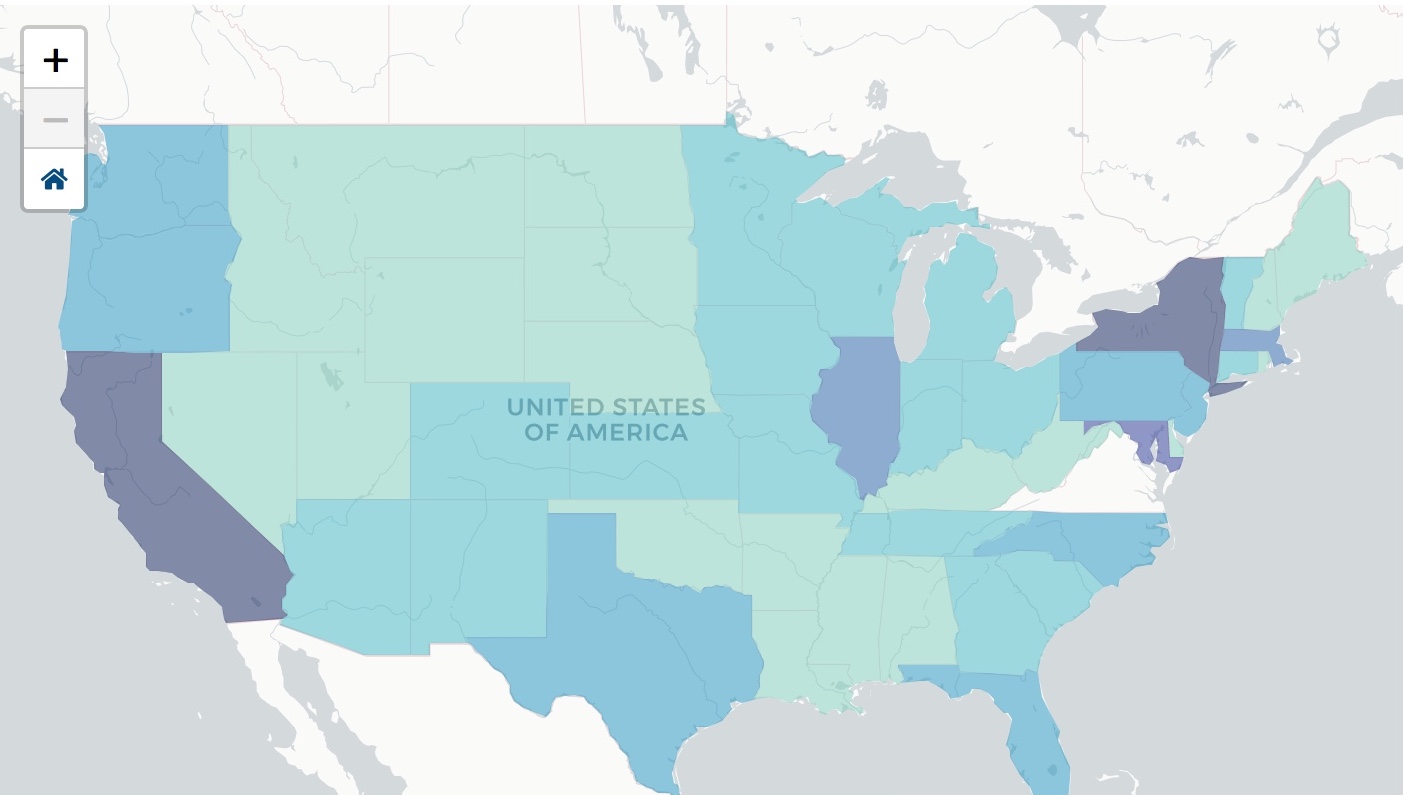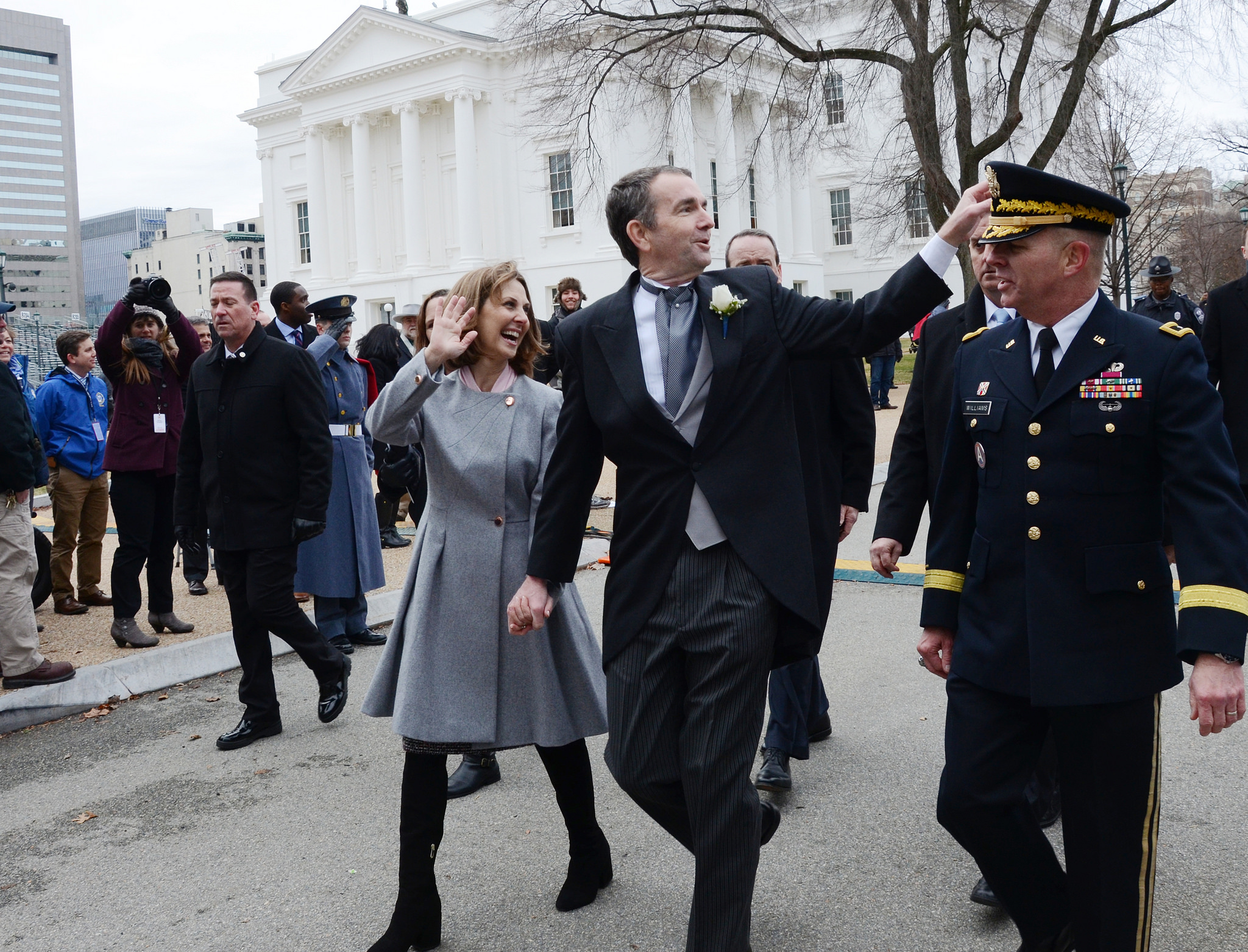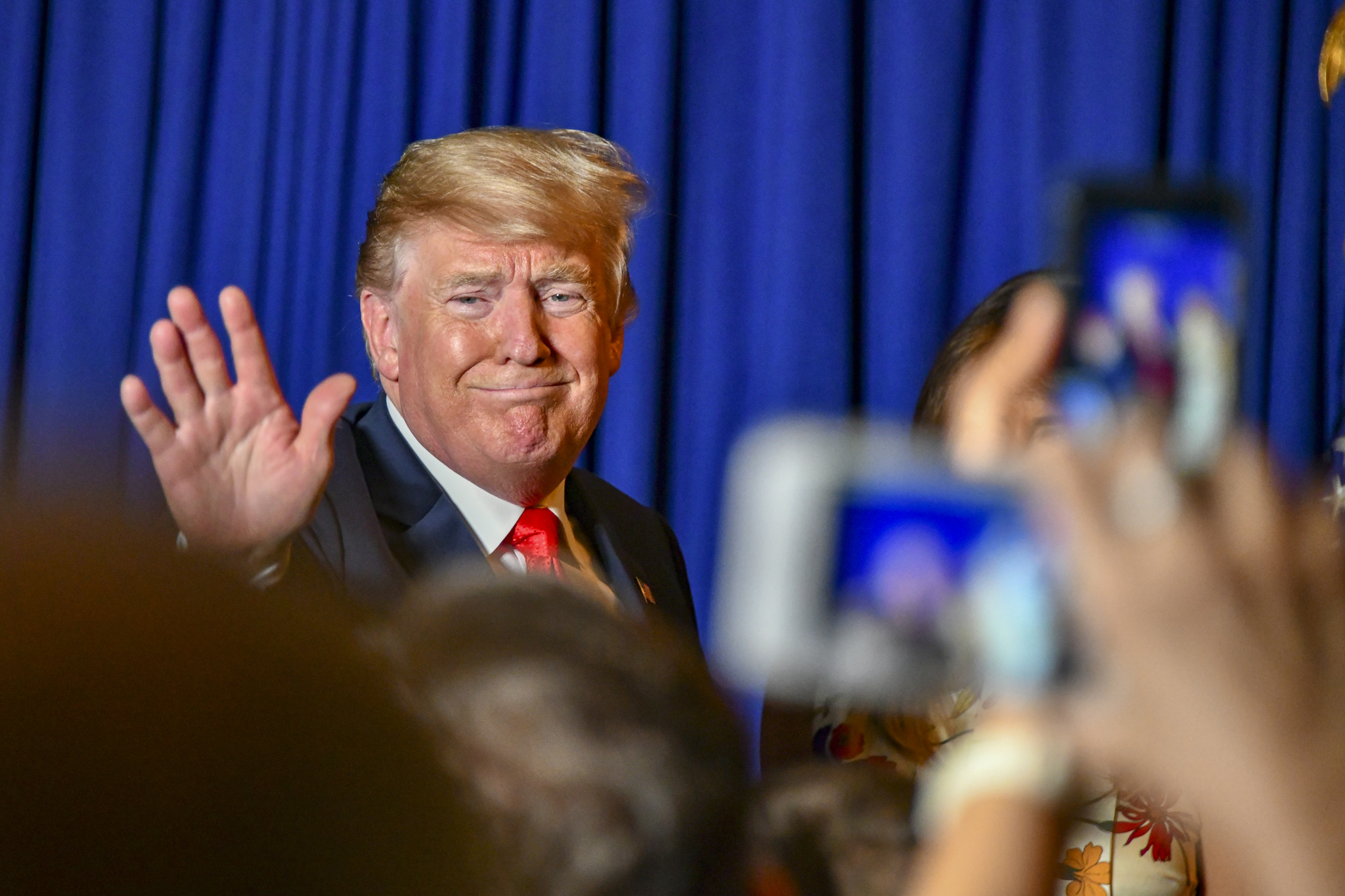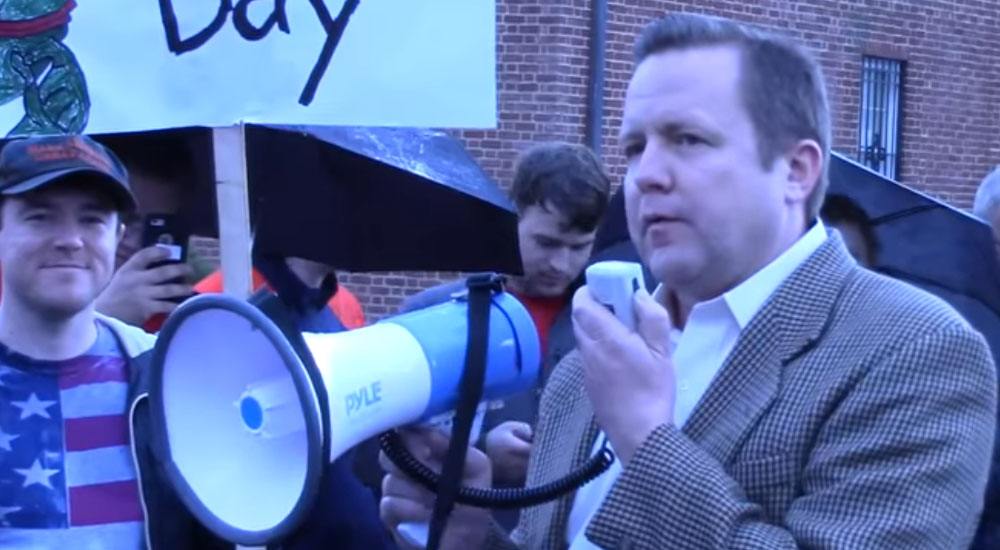It’s a number Virginia Democrats are proud of: a small dollar donor base of more than 10,000 people who have all given $100 or less to their candidates.
“There’s a simple reason House Democratic candidates are outraising Republicans: grassroots donations,” said House Democratic Caucus Executive Director Trevor Southerland in a July press release.
There’s just one problem: a huge chunk of those donors can’t vote in Virginia. They all live outside the Commonwealth.
Small dollar donors — those who give less than $100 to any one candidate — are a highly-coveted commodity in politics these days, but not for the obvious reason.
A donor who gives $25 doesn’t move the needle much in terms of campaign finance, but it does identify a voter who is committed enough to a candidate to put his or her money where their mouth is. That donation means they’re likely to volunteer to knock on doors, talk to their friends, and bring other votes with them to the polls.
In the ongoing 2020 Democrat Presidential primary, the Democrat National Committee is using total number of donors as a score to determine which candidates get on the ballot and which ones don’t.
While all Federal donations have to be disclosed,
Virginia is unique in that it doesn’t require campaigns to identify donors publicly who give $100 or less.
For Democrats and their online fundraising powerhouse ActBlue, that’s a loophole big enough to drive a truck through. Democrat candidate have taken nearly $785,000 from donors outside the Commonwealth, according to the Virginia Public Access Project.
That’s a total of 37 cents out of every small dollar donation received by Democrats candidates the year.
So where is this out-of-state largess coming from? California and New York primarily, according to figures compiled by the Virginia Public Access Project.
Virginia Democrats reported more than 5,600 small dollar donations from California, with another 2,500 from New York. D.C. and Maryland also check in with roughly 2,000 donations each.
Democrats have bested Republicans in small dollar donations for years, due in large part to the nature of the ActBlue platform — donors can split their donation among candidates. Once a donation is processed, the platform suggests other candidates the donor may want to support.
Republicans are only now attempting to roll out their own unified platform — WinRed — but it has yet to make an appearance in Virginia other than a fundraising page for President Trump.
Virginia Democrats aren’t keen to give up their advantage either. A bill put forward earlier this year by Del. David Yancey, R- Newport News, would have required all out-of-state donors to be identified in finance reports, regardless of the amount of the donation.





